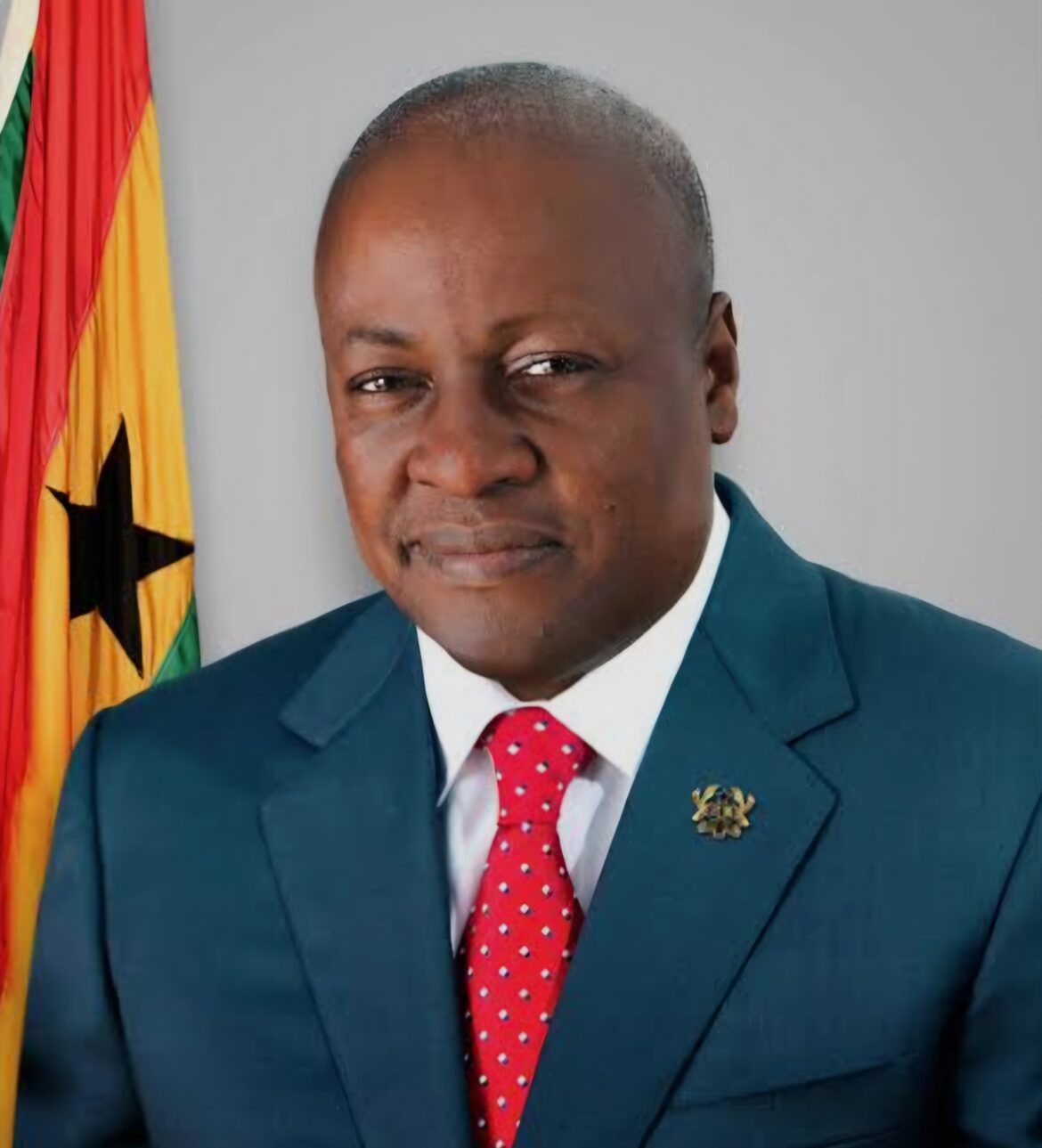After eight years of Nana Akufo-Addo’s New Patriotic Party (NPP) led government which was heralded by slow economic growth, escalating public debt, and high inflation rates which peaked at 40% between 2022 and 2023, many Ghanaians became fed up with the NPP and desired a change. This was perhaps the most pertinent reason why most Ghanaians decided to vote against the ruling party and in support of the John Dramani-led National Democratic Congress (NDC) which resulted in a landslide victory for the opposition party in the December 7, 2024 presidential election.
Ironically, it was this same economic performance record that got John Dramani voted out of office when he attempted to go for a second term at the end of his first stint as president in 2017. However, the poor performance with the economy during his first term can attributed to factors outside his control. During his first term, Ghana’s economy faced significant challenges. The country experienced a decline in commodity prices, which affected export revenues. In 2013, Ghana lost $1.3 billion in export revenues due to the drop in commodity prices.
Mahama’s government implemented policies to address these challenges, including the liberalization of the foreign exchange regime. However, the country still struggled with a twin deficit, comprising a fiscal deficit equivalent to 10.9% of GDP and a current account deficit of 13% of GDP.
Mahama’s government focused on diversifying the economy, increasing manufacturing, and promoting value-added products to stimulate economic growth. He also emphasized the need to process more of Ghana’s natural resources, such as cocoa and bauxite, to increase their value.
Despite these efforts, some criticized Mahama’s economic performance during his first term, arguing that the government’s policies did not effectively address the country’s economic challenges. However, it’s worth noting that Mahama’s government did achieve some successes in his first term, such as maintaining a relatively stable democracy and promoting economic growth in certain sectors.
Ghana’s economic prospects under President John Dramani Mahama’s new administration are a subject of interest, especially given the country’s current economic challenges. Mahama, who previously served as president from 2012 to 2017, has outlined ambitious plans to revitalize Ghana’s economy.
One of the key areas of focus for Mahama’s administration is the creation of a 24-hour economy, which is expected to boost economic activity and create jobs. To achieve this, Mahama has appointed Augustus ‘Goosie’ Tanoh, a seasoned politician with a strong track record in economic development.
Mahama’s administration also plans to implement policies aimed at reducing the country’s fiscal deficit and promoting economic stability. This includes the abolition of certain taxes, such as the electronic transactions levy and the Covid-19 levy, which are seen as burdensome to businesses and individuals.
In addition, Mahama’s government is expected to focus on investing in key sectors such as infrastructure, education, and healthcare. This is likely to have a positive impact on Ghana’s economic growth prospects, as these sectors are critical to the country’s long-term development.
The International Monetary Fund (IMF) has predicted that Ghana’s economy will grow by 4.4% in 2025, driven by oil, gold mining, and services. This is a positive outlook, especially given Ghana’s economic challenges in recent years.
However, there are also potential challenges that Mahama’s administration will need to navigate. For example, Ghana’s debt levels are high, and the country will need to manage its debt carefully in order to maintain economic stability.
Overall, while there are challenges ahead, Mahama’s administration has outlined ambitious plans to promote economic growth and development in Ghana. With careful management and implementation, these plans have the potential to drive significant economic progress in the country.
Oshobi, a development economist, management consultant, and author writes from Lagos, Nigeria.

